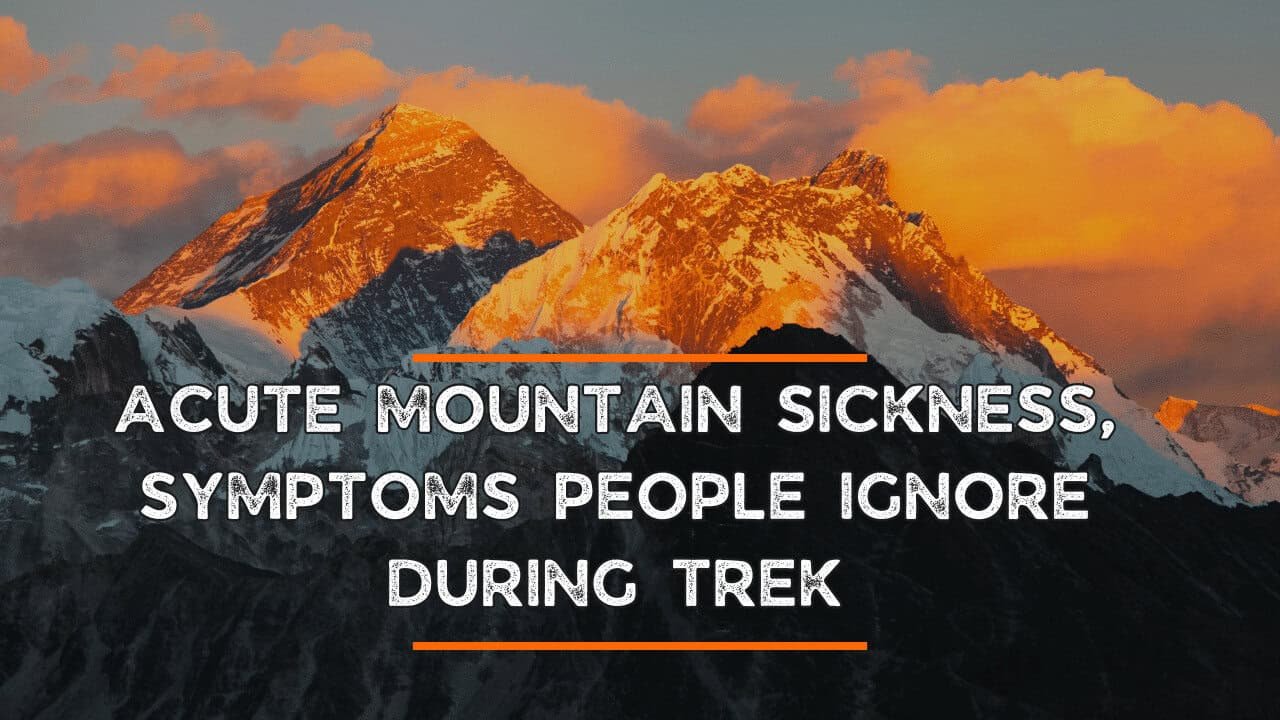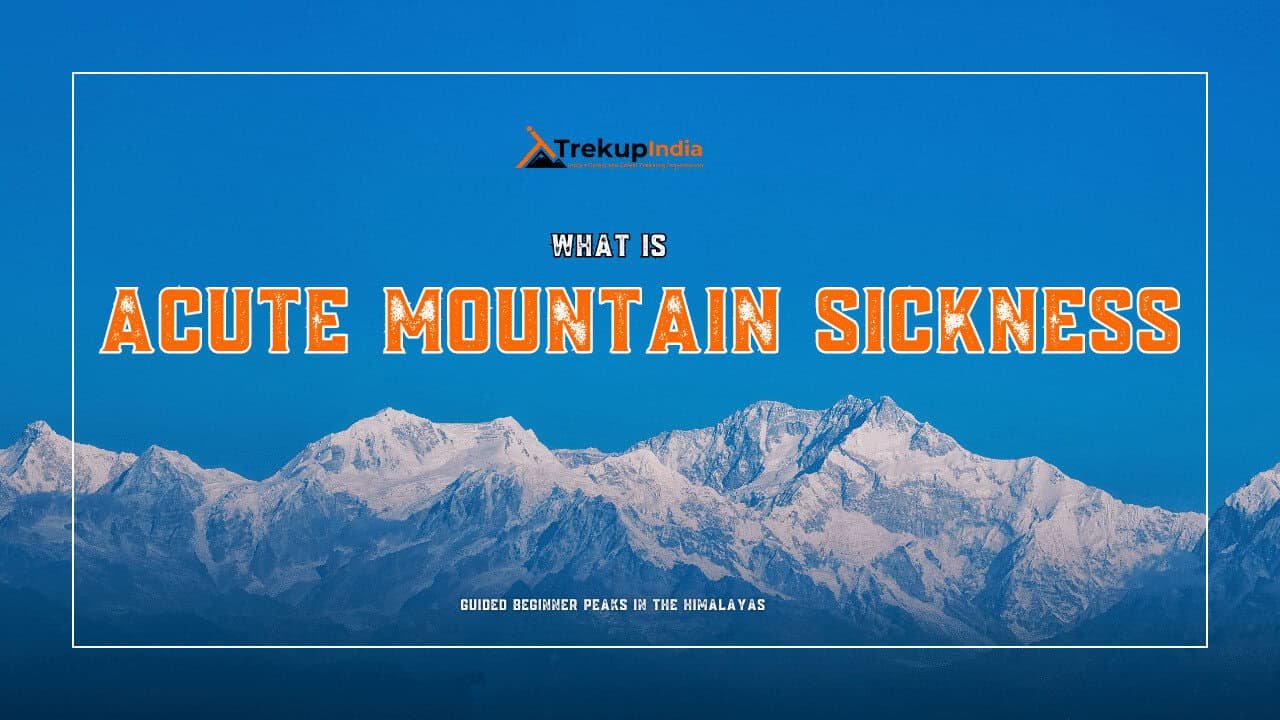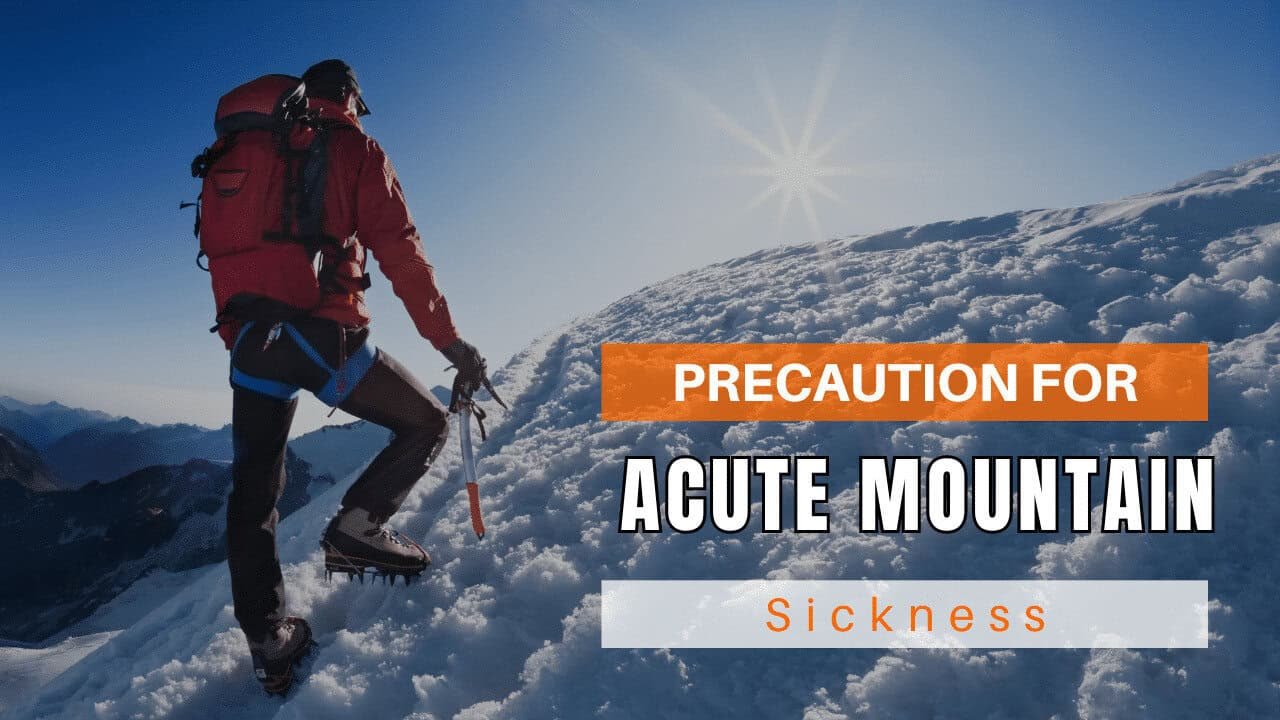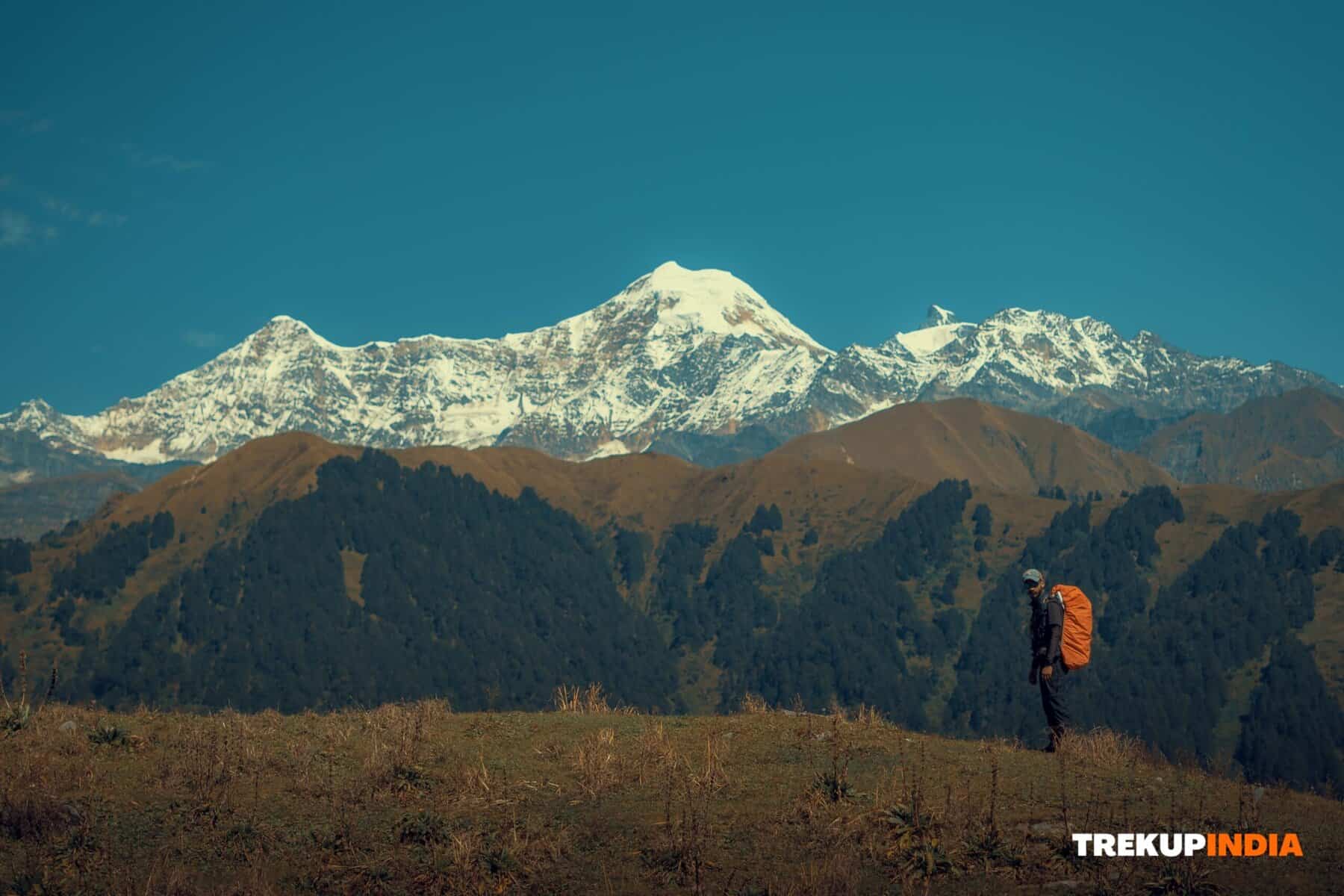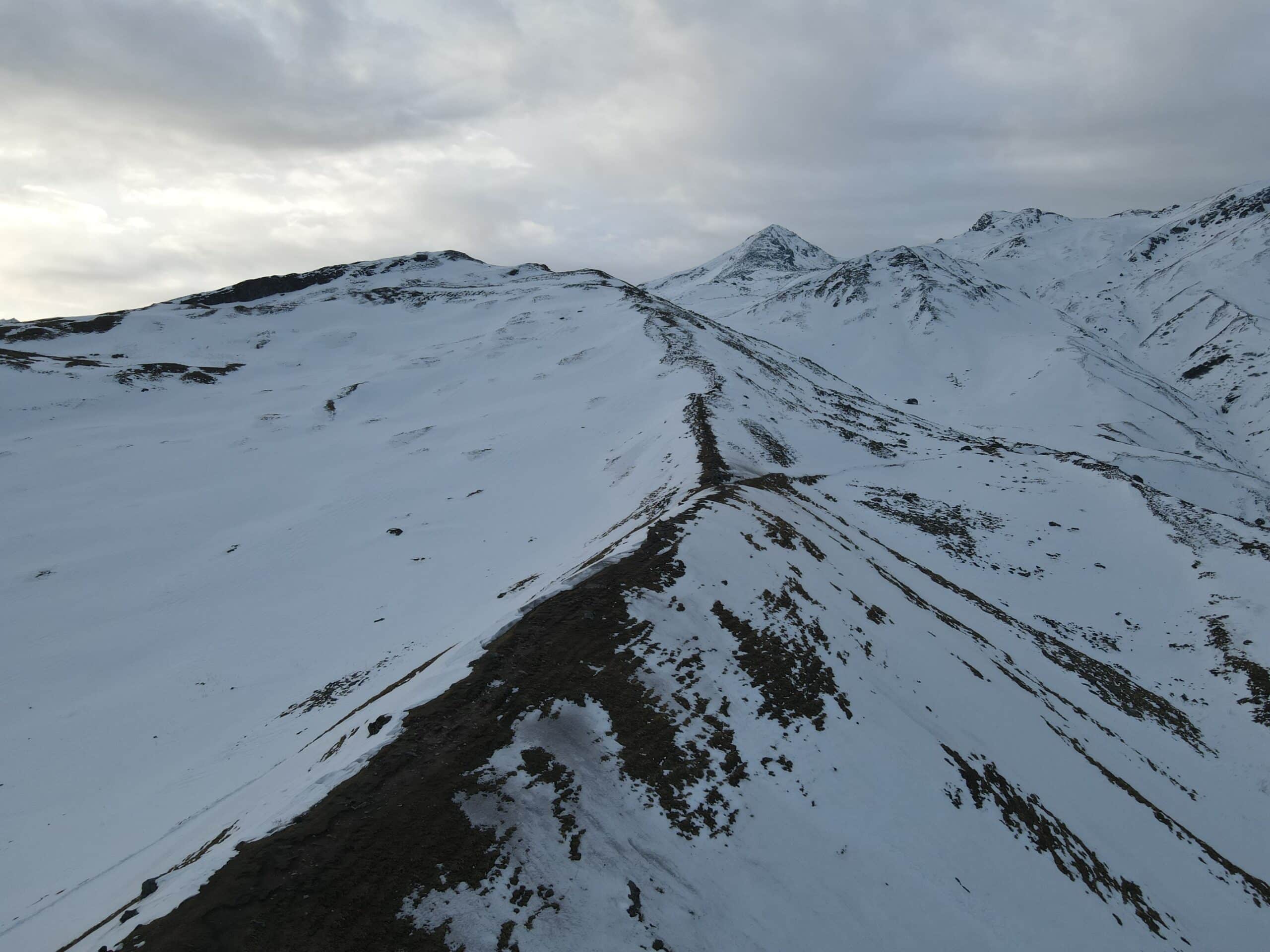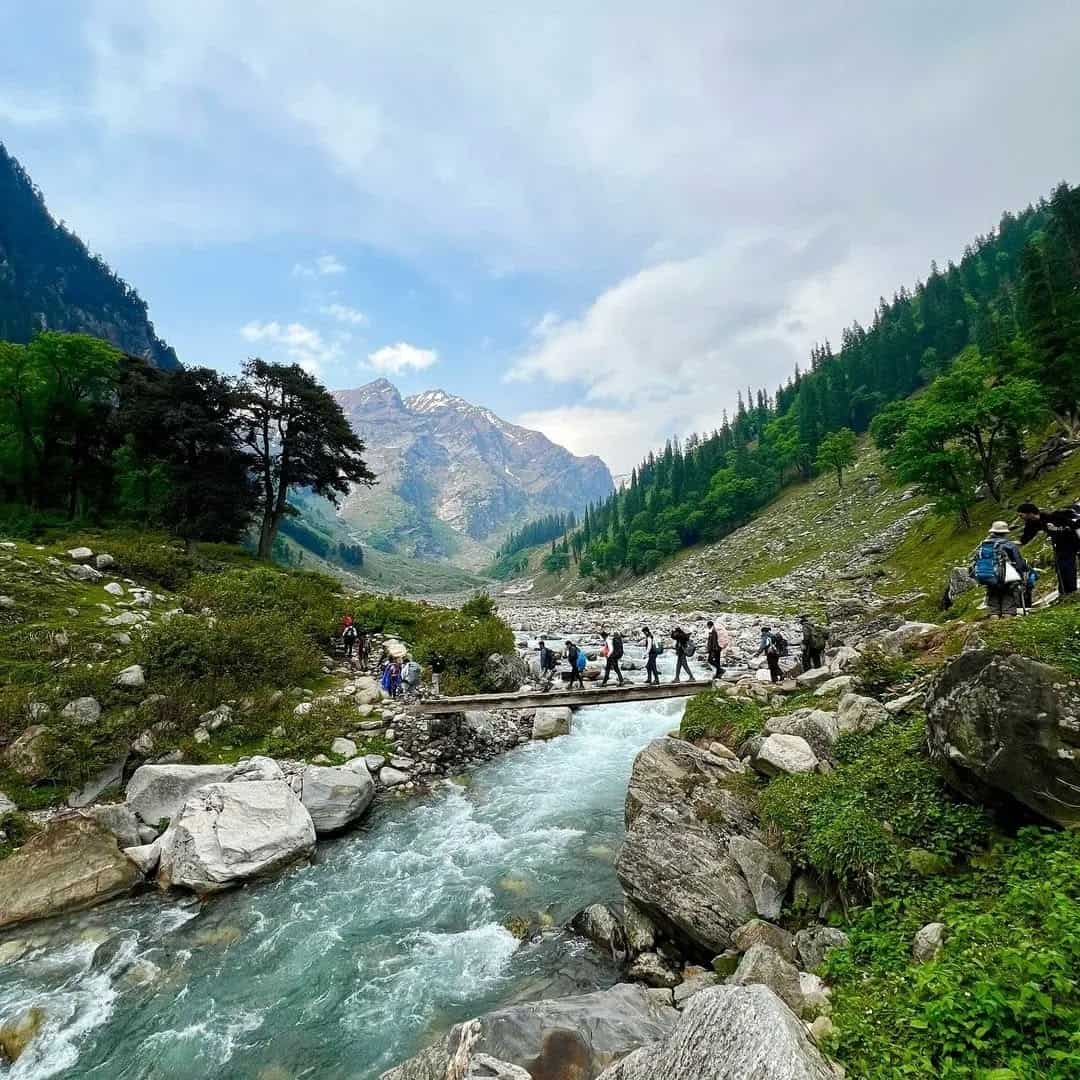Crossing Snow Patches & Moraines: Snow Moraine Crossing Safety Tips
One of the greatest pleasures of trekking through India – whether through remote villages in Himachal, remote Ladakh villages, or vast valleys of Uttarakhand – is meeting local inhabitants who live here, whose warmth, customs, and stories add an extra dimension to any trekking journey. TrekUp India welcomes people with open arms. Interacting respectfully with locals shows our gratitude towards local communities that have welcomed visitors.
Why Cultural Respect Is Important
Mountain villages are home and life. Your actions can make a lasting impression about who you are as a trekker – either positive or negative – to both local people and future trekkers who might follow in your footsteps. Engaging in respectful interactions helps preserve cultural heritage, build trust between residents, and ensure tourism enhances community lives without negatively affecting livelihoods.
Guidelines for Respectful Cultural Interactions
Do Your Homework
Gain knowledge about the festivals, customs, and traditions in your destination region before arriving.
Your learning of your native tongue may open doors and warm hearts. Even simple greetings can have a significant impact.
Adhere to Appropriate Attire
In mountain communities that value modest attire, wearing clothing that reveals your figure appropriately can help build strong friendships.
Protect both legs and shoulders when traveling to temples, homes, or monasteries.
Request Permission Before Taking Photos
Always seek permission before taking photographs of individuals, particularly elderly or child subjects.
Specific locations or ceremonies might prohibit photography at any cost, including sacred sites or religious celebrations.
Comply With Religious and Social Customs
It is customary to remove one’s shoes before entering temples, monasteries, or homes.
Avoid adhering to sacred objects without the prior permission of their owners.
Do not display affection in public places where such displays are forbidden.
Support Local Economy
To show your support of the local economy, consider buying your handicrafts, food, or even services directly from local vendors rather than third-party sellers.
Whenever possible, select porters or guides from your community.
Strive for Meaningful Conversations
To have meaningful discussions in your local area, explore its history through local farming techniques, agricultural practices, or culinary traditions. Demonstrate genuine interest by asking about these matters.
Use Your Resources Wisely
Firewood, water, and some foodstuffs are scarce resources – do not waste them by misusing them.
Spend money on hotel services instead of expecting them for free.
Conclusion
Meeting locals during your trek offers much more than simply friendly conversations – it provides a golden opportunity to build connections between cultures. Approach every interaction with humility, curiosity, and courtesy to ensure your presence has an impressionable impression on those around you. TrekUp India stands for respect, humility, and kindness as our core values. TrekUp India believes that the true beauty of mountains lies not only in their landscapes, but also in the people living within their boundaries. By being respectful of their customs and welcoming them during your trek, TrekUp India ensures that your experience will leave lasting friendships and memories that will linger long after its conclusion.
Treat every interaction as an exchange, not a transaction.
Share this article
Want To Trek Like Pro?
Check out the following videos if you want to trek like a pro trekker and improve your skills. These videos contain helpful tips, tricks, and techniques to help you trek like a pro. Whether you’re a beginner or an experienced trekker, these videos can provide valuable insights to enhance your trekking experience. So, watch the videos below by Trekup India experts to take your trekking skills to the next level.
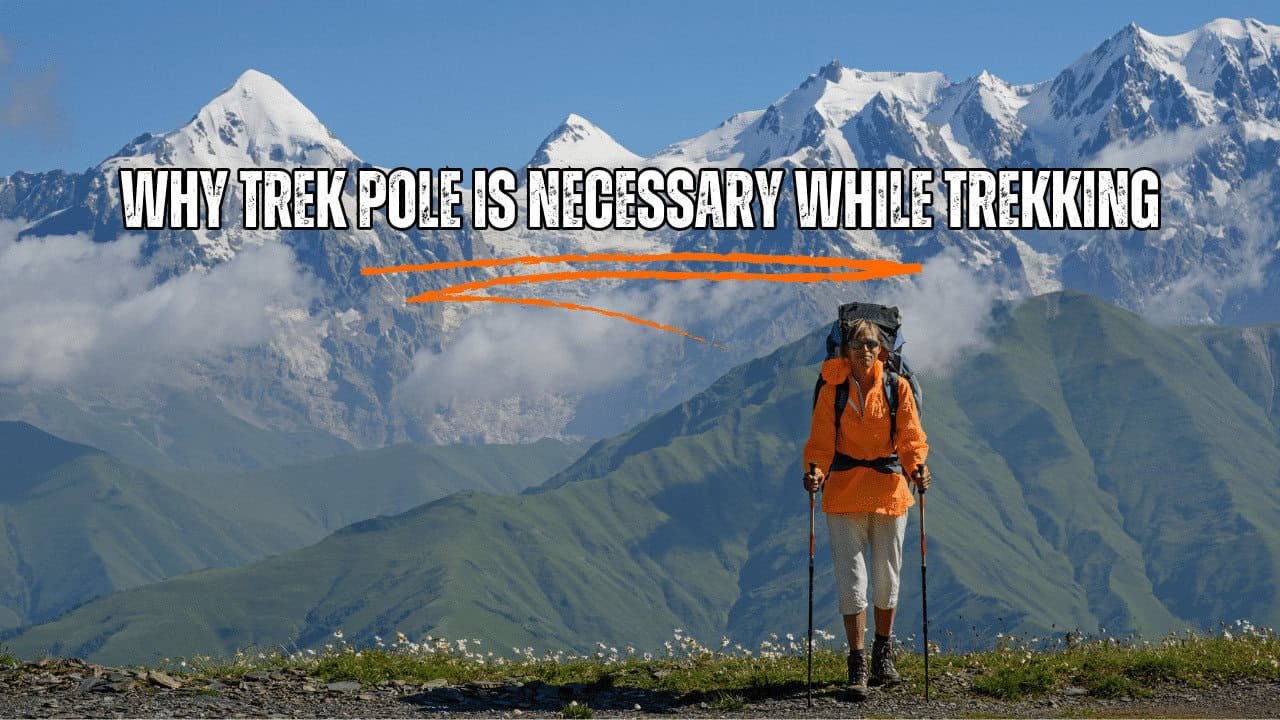






Know Everything About Acute Mountain Sickness
Acute Mountain Sickness is a medical condition that can occur when individuals travel to high altitudes, typically above 8,000 feet. It is caused by the decrease in air pressure and oxygen levels in the air as altitude increases. Symptoms of Acute Mountain Sickness may include headache, nausea, vomiting, dizziness, and difficulty sleeping. To avoid Acute Mountain Sickness, it is important to gradually adjust to high altitudes and seek medical attention if symptoms worsen. To learn more about this condition, check out the videos by Trekup India.
